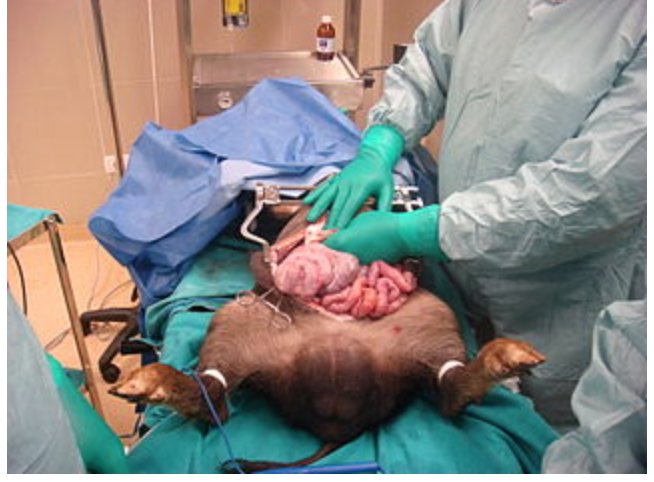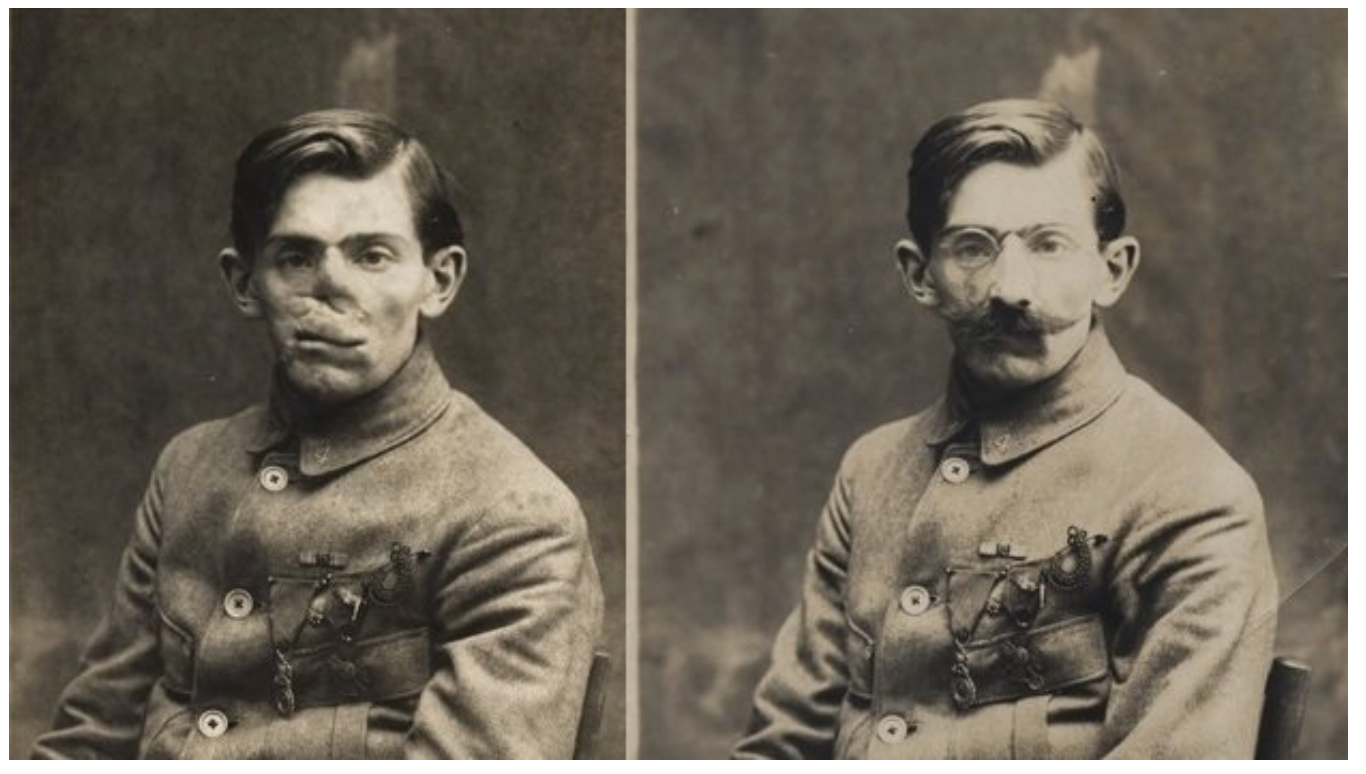The Brown Dog, Part I: Vivisection and the Body as Object
 Thursday, November 10, 2016 at 3:57PM
Thursday, November 10, 2016 at 3:57PM The weight of vivisection is contained neatly in its root words: vivi, "alive," and "sectio," cutting.
I only encountered dead dissection subjects in biology classes, including the cats that we hacked apart with woefully inadequate tools that more closely resembled the x-acto knives we also used in newspaper. Though I'd read about Anti-Vivisection Societies, my assumption was always that the word was an archaic holdover, nothing other than dissection as it was once more commonly described.
But no, and it really should have been obvious: this is cutting into something that is currently alive, to see how it works.
The photographs of this process make me squeamish. I am not a vegetarian. I take full advantage of modern medicine. I find the history of science fascinating, and I see the logic of needing to make these sorts of incursions into the bodies of other beings in order to better understand us all, human and otherwise. And yet, the photographs.
 "Surgical training on a live animal (pig)," via Wikimedia Commons
"Surgical training on a live animal (pig)," via Wikimedia Commons
I eat pork. I hope, when I remember to consider it, that the pork I eat comes from pigs who live a reasonably contented piggy life. I hope that they don't know what their end will be until it arrives. Thoughts to the contrary, though, have not stopped me, nor altered my diet in much of any way.
Yet, when I see the pig in this photo, rather than an agriculturally-raised animal that I'm happy to treat as an object when it comes to my own satiation, I see a nearly-human body.
Perhaps it's the intestines, though I am not loath to eat them as casings. I think, more accurately, it is the feet, and the restraints.
I once was a guest during a surgery, probably completely illegally, so I won't say where or how or with whom. What I remember most, to this day, was how quickly the patient became an object. As he slowly passed into unconsciousness, the nurses and doctors stood over him, smiling and speaking softly, easing him into the darkness.
And then, as soon as he was out, the entire atmosphere of the room changed. We were no longer in a chapel; we were in a bus station, and there was work to do to keep it all moving. The patient was lifted, shifted, and intubated. The business of cutting the body open and threading things into it began.
This was an incredibly professional team. This was an incredibly well-respected hospital, one that does a lot of good in both its own community and the world. But standing there, as a layperson, I could not get over what I knew even then was an attitude and atmosphere completely necessary for successfully completing the job at hand. The patient, when he awoke, would certainly not have thanked me for allowing my queasiness and sense of violation, both on his behalf, to interfere with what the surgical team was doing.
I've heard it said that one of the most interesting characteristics of modern urban societies is how willing we all are to go about our business day to day, surrounded by millions of people whom we've never met and have no real social connection to, without much in the way of active fear. There are clearly many, many exceptions to this statement, but most of them don't prevent any given person from ordering a cup of coffee from another, and getting it. To some extent, even if only superficially, and even if only in specific situations, we extend each other a mutual trust.
Surgery, at least as I experienced it, completely consciously and yet not as a medical professional, is the ultimate in handing over trust to another human being. Medical care, more generally, is a category only slightly less extreme.
In so many ways, however, this trust can be misplaced. The power differential is astounding--necessarily so. But this leaves a lot of room for bodies, and objects, to become interchanged.
 #medicine,
#medicine,  #objects,
#objects,  #research,
#research,  #thebrowndog
#thebrowndog 